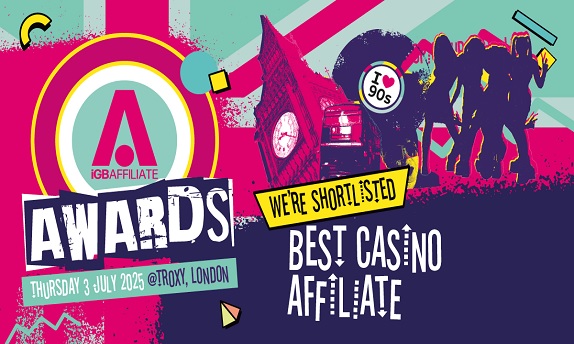Public perception is one of the most important marketing tools in the modern day. In the era of “Woke Capitalism,” businesses are harnessing the selling and brand power of being seen to be on the right side of cultural and political issues.
This goes a long way in explaining why gambling firms, in an apparent act of self sabotage, have voluntarily agreed to remove all betting adverts during sports events before the 9PM watershed.
Ever since the Gambling Act of 2005 liberalised the industry, gambling companies have been allowed to advertised their brands in the daytime, as long as it was during a sporting event.
Now, however, they have agreed no adverts from 5 minutes before a sporting event to five minutes after, the so called “whistle to whistle” period.
The only sporting events exempt from the regulations are horse and greyhound racing. This unsurprising caveat is due to the perceived intrinsic nature of gambling to these sports.
The measures are thought to be a necessary step in preventing harm to problem gamblers and children, who have become increasingly exposed to gambling according to campaigners.
The former Culture Secretary, Jeremy Wright, who lost his job in the Boris Johnson cabinet reshuffle, said during the announcement that:
“It is vital children and vulnerable people are protected from the threat of gambling related harm. Companies must be socially responsible.”
The last sentence is crucial in understanding the voluntary moved. For betting companies to be seen as socially responsible is pivotal to the survival of their brand in increasingly choppy public opinion and regulatory waters.
For many campaigners, the measures simply aren’t enough. Many point out that gambling companies can continue to sponsor team kits or stadiums. Therefore, they will continue to be very visible during sporting events. Although some brands, like Paddy Power, via a publicity stunt, have argued that betting companies should no longer be allowed to appear on team kits.
To demonstrate the scale of team advertising, it is believed that in the upcoming Premier League season, around 50% of clubs are primarily sponsored by gambling firms.
Some have also pointed out that so much of gambling advertising has shifted to the online sphere that any short term detrimental effects are likely to be minimal.
Frankly, whether you are a gambler or not, your sports watching experience is likely to be greatly enhanced without half a dozen betting adverts at every single commercial break. For no other reason, this is likely to be a popular move with the British public.



